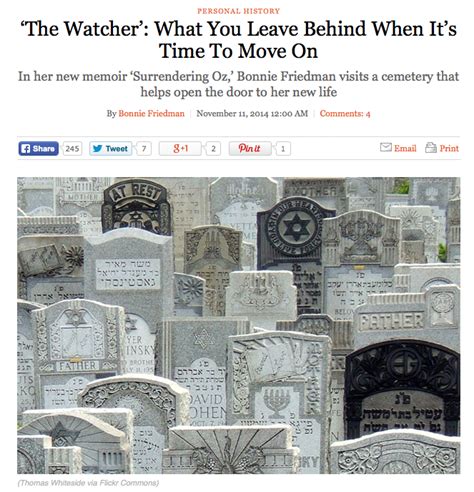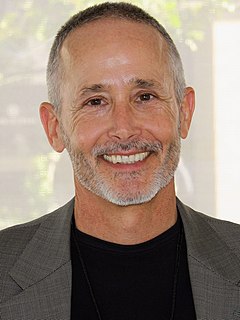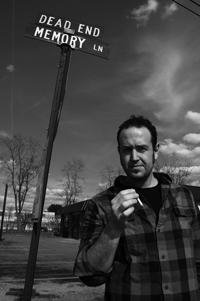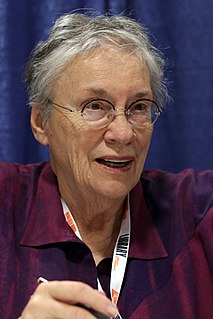A Quote by Bonnie Friedman
Fiction structures an experience for the reader to live through. ... That is why people read: to have experiences.
Quote Topics
Related Quotes
That authentic experience that happens both in the artist and in the audience you can classify as a mystical experience. You can classify it as aesthetic shock, or even a psychedelic experience. Some people seek to recreate that experience through drugs. But the other way that you can do it is through art, and through spectacle. We have those experiences when we go to rock shows, or when we listen to a piece of classical music, or read a particular poem, or see a painting.
Everybody should read fiction… I don’t think serious fiction is written for a few people. I think we live in a stupid culture that won’t educate its people to read these things. It would be a much more interesting place if it would. And it’s not just that mechanics and plumbers don’t read literary fiction, it’s that doctors and lawyers don’t read literary fiction. It has nothing to do with class, it has to do with an anti-intellectual culture that doesn’t trust art.
The book is finished by the reader. A good novel should invite the reader in and let the reader participate in the creative experience and bring their own life experiences to it, interpret with their own individual life experiences. Every reader gets something different from a book and every reader, in a sense, completes it in a different way.
I'm a compulsive reader of fiction. I fell in love with novels when I was a teenager. My wife Marilyn and I... our initial friendship began because we are both readers. I've gone to sleep almost every night of my life after having read in a novel for 30 or 40 minutes. I'm a great reader of fiction and much less so of non-fiction.
No one can teach writing, but classes may stimulate the urge to write. If you are born a writer, you will inevitably and helplessly write. A born writer has self-knowledge. Read, read, read. And if you are a fiction writer, don't confine yourself to reading fiction. Every writer is first a wide reader.
No one can teach writing, but classes may stimulate the urge to write. If you are born a writer, you will inevitably and helplessly write. A born writer has self-knowledge. Read, read, read. And if you are a fiction writer, dont confine yourself to reading fiction. Every writer is first a wide reader.
I eventually realized that direct experience is the most valuable experience I can have. Western man is so surrounded by ideas, so bombarded with opinions, concepts, and information structures of all sorts, that it becomes difficult to experience anything without the intervening filter of these structures.
Avoid People and Situations That Upset You. Those things, people, situations, and experiences you dont like--avoid them. Stay away. Walk away. Do something else. Some might call this cowardly. I call it smart. The world is brimming with things, people, and experiences. We will never experience all of them if we live to be 10,000. So why not associate with the ones that naturally please you?





































